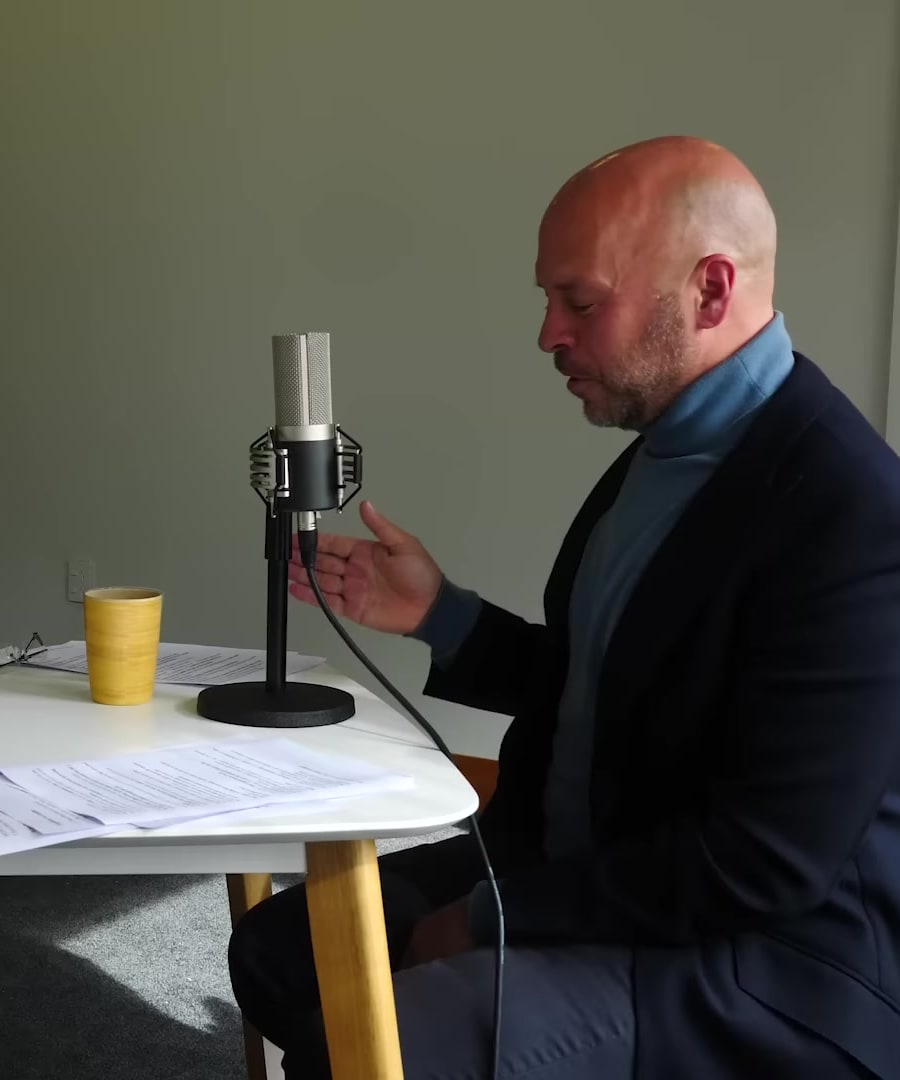Optimality
Sources:
Optimality, often discussed in the context of decision-making, resource allocation, and system performance, encompasses various strategies and principles based on context, goals, and constraints. Here are some key insights on this topic from trusted experts:
-
Optimal Decision-Making: In decision-making, the "37% rule" is a strategy discussed by which is mathematically optimal for maximizing the chance of choosing the best option in a given set. However, this strategy is based on the assumption that your goal is solely to pick the best option, and it inherently includes a 37% chance of failure, representing a significant challenge in decision theory 1.
-
Bounded Optimality: talks about shifting from a framework of perfect rationality to "bounded optimality" in AI. This concept aligns with recognizing the realistic constraints and capabilities of systems or machines, defining an achievable yet theoretically solid foundation for rational agent behavior 2.
-
Pareto Optimality: discusses Pareto optimality in economic contexts, defining it as any allocation of resources that makes no one worse off and at least one person better off. Critically, he notes that many government actions do not achieve Pareto optimality, instead redistributing resources in a way that can create efficiency losses 3.
-
Optimal Criticality: In neuroscience and cognitive science, the theory that systems function optimally at a critical point—on the verge between order and chaos—is highlighted. This theory applies to various natural and cognitive processes, suggesting a balance that achieves optimal functionality 4.
-
Satisficing vs. Maximizing: Another perspective on optimality is provided by , who argues for "satisficing" rather than maximizing. The concept, derived from the work by psychologist Herbert Simon, suggests that aiming for "good enough" rather than the best possible outcome can lead to greater satisfaction and is often more practical in real-life decision-making scenarios 5.
These perspectives show that optimality is a flexible concept tailored to the specific conditions and limitations of each scenario, whether in computational models, economic theories, or everyday decision-making.
RELATED QUESTIONS-
